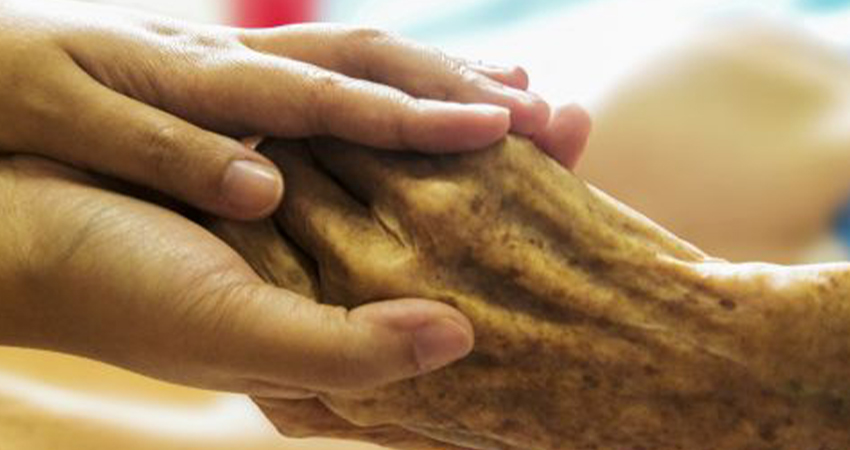Post acute care takes a holistic approach. In Greek, “Holos” means wholeness. From the Greek root, holism is thus to do with the whole unit rather than as a sum of its individual parts. It follows naturally, then, that holistic care is about caring for the whole human being.
When it comes to healthcare, especially rehabilitative or palliative care (post-acute), taking a holistic approach that considers the physical/medical, emotional/spiritual, and social needs of the person can have a positive effect on the patient’s response to an illness or post-surgery recovery.
Did you know there is a whole nursing association dedicated to Holistic care? The American Holistic Nurses Associate defines holistic care as “a nursing practice that has healing the whole person as its goal.” Holistic nursing goes back to the days of Florence Nightingale, a British nurse, social reformer, and statistician best known as the founder of modern nursing. Florence emphasized the connection between patients and their environment and is considered one of the first holistic nurses. Nursing has come a long way since the days of Florence Nightingale as has our understanding of the impact of illness and how to treat the whole person.
When someone is sick or undergoes major surgery, the illness or rehabilitation process can be overwhelming. Simply treating the physical symptoms is not enough. Holistic care offers modalities to heal the mind, body, and soul of patients and addresses the effects of illness/rehabilitation on the body, mind, emotions, spirituality, and personal relationships. It also involves taking into consideration social and cultural differences and preferences. Every person is their own individual, and their care should be individualized.
Holistic care is a philosophy – a method to ensure care for all parts of a patient based on their individual needs. Nurses who practice holistic care are often described by patients as those nurses that “truly care.”
Holistic care doesn’t just benefit the patients….
Holistic care also allows nurses to develop deeper relationships with their patients. Holistic nursing promotes a patient’s psychological and emotional wellbeing in order to enhance physical healing. When they do this, their relationship with the patient changes and grows into a more personal and rewarding relationship.
Little things that promote holistic care
When choosing a site for post-acute recovery, it’s important to find one that provides opportunities to creates meaningful relationships between nurses and patients and promotes a healthy physical, emotional, social, and spiritual environment. Here are some examples of holistic nursing:
- Learning and using patients’ names
- Making eye contact
- Asking how a patient is feeling and caring how they respond
- Smiling and trying to engage in small talk
- Using a therapeutic touch
- Preserving their dignity
- Encouraging hobbies and self-care
- Asking patients how you can help them
- Encouraging them to talk to family or friends
- Engage in alternative modalities like art, music, reading, movement classes if able, etc.
Ultimately, holistic care is not about how many holistic actions a nurse offers but how a nurse cares for each patient as a whole person regardless of the healthcare setting.

